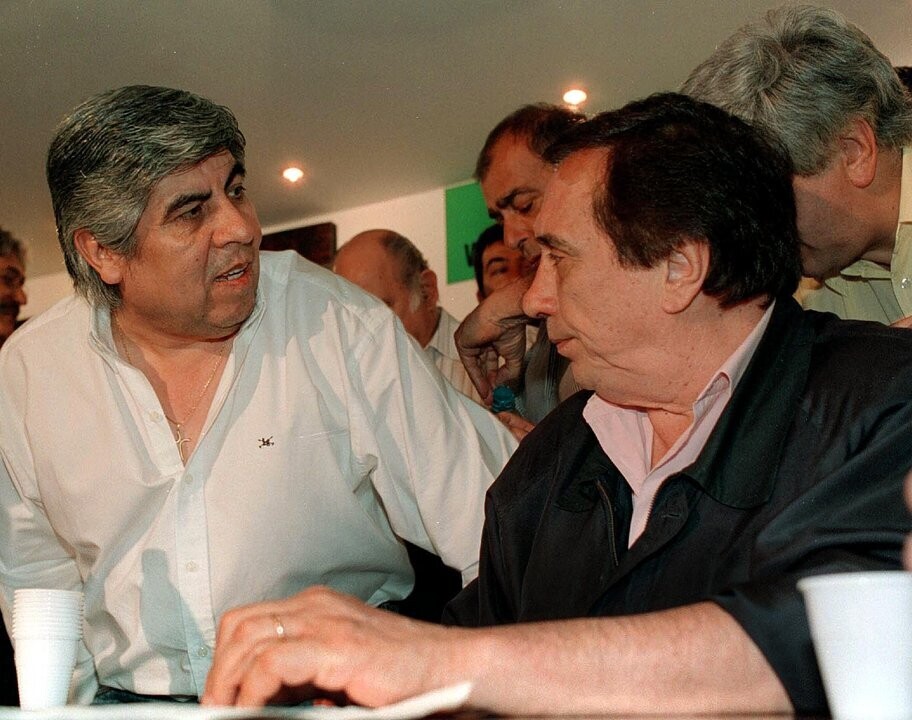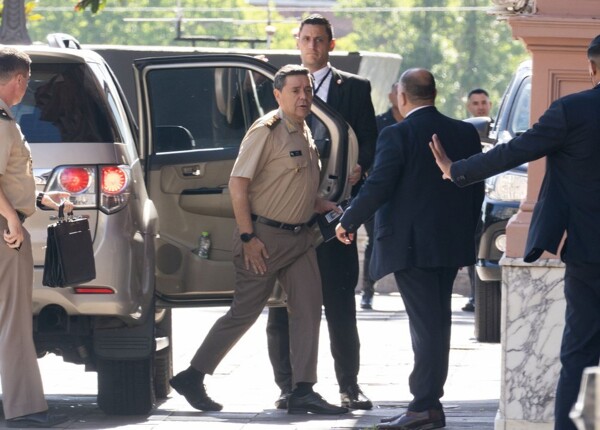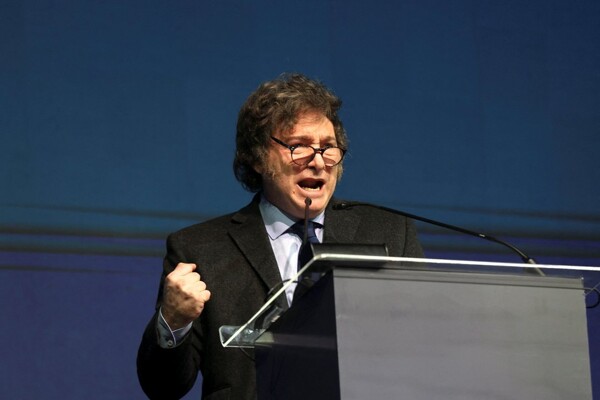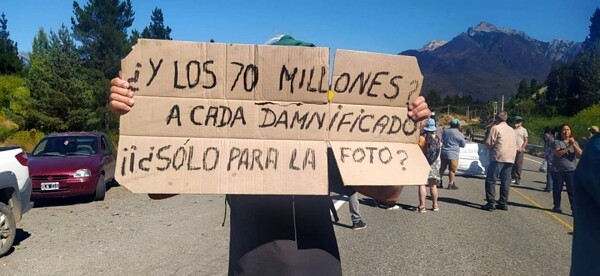
Argentine unionism has historically been a focal point of the country's politics, especially in its relation to Peronism. This connection has fueled a network of corruption and mutual enrichment between union leaders and political leaders, to the detriment of workers. Examples like the Alfonsin government, which faced numerous strikes and union resistances, illustrate this power dynamic.
Currently, the weakness of the current government and economic difficulties have led to a resurgence of strike announcements by unions. It is in these moments of tension that unionists seek to strengthen their position and lobby for their interests, often at the expense of the political and social stability of the country.
To counteract this pernicious influence, reforms have been proposed in Congress aimed at limiting the power of unionists, such as the elimination of indefinite re-elections and mandatory contributions from workers. Corruption within union structures, including cases of nepotism and million-dollar salaries for “ñoquis” employees, has also been the subject of criticism and calls for action.
It is crucial to dismantle these mafia-like structures that perpetuate corruption and illicit enrichment in Argentine unionism. Through economic and state reforms, efforts are being made to combat these practices that have weakened the country and negatively affected its citizens. The resistance of the PJ and unions to these changes reflects their interest in preserving their power and privileges, rather than prioritizing the well-being of society as a whole.
In this context of economic crisis and political tensions, it is essential for the government to demonstrate determination and strength against these corrupt and anti-democratic forces. Only by confronting the mafias and particular interests can a fairer and more prosperous future be built for all Argentines, free from the pernicious influence of corrupt unions and their political allies.














